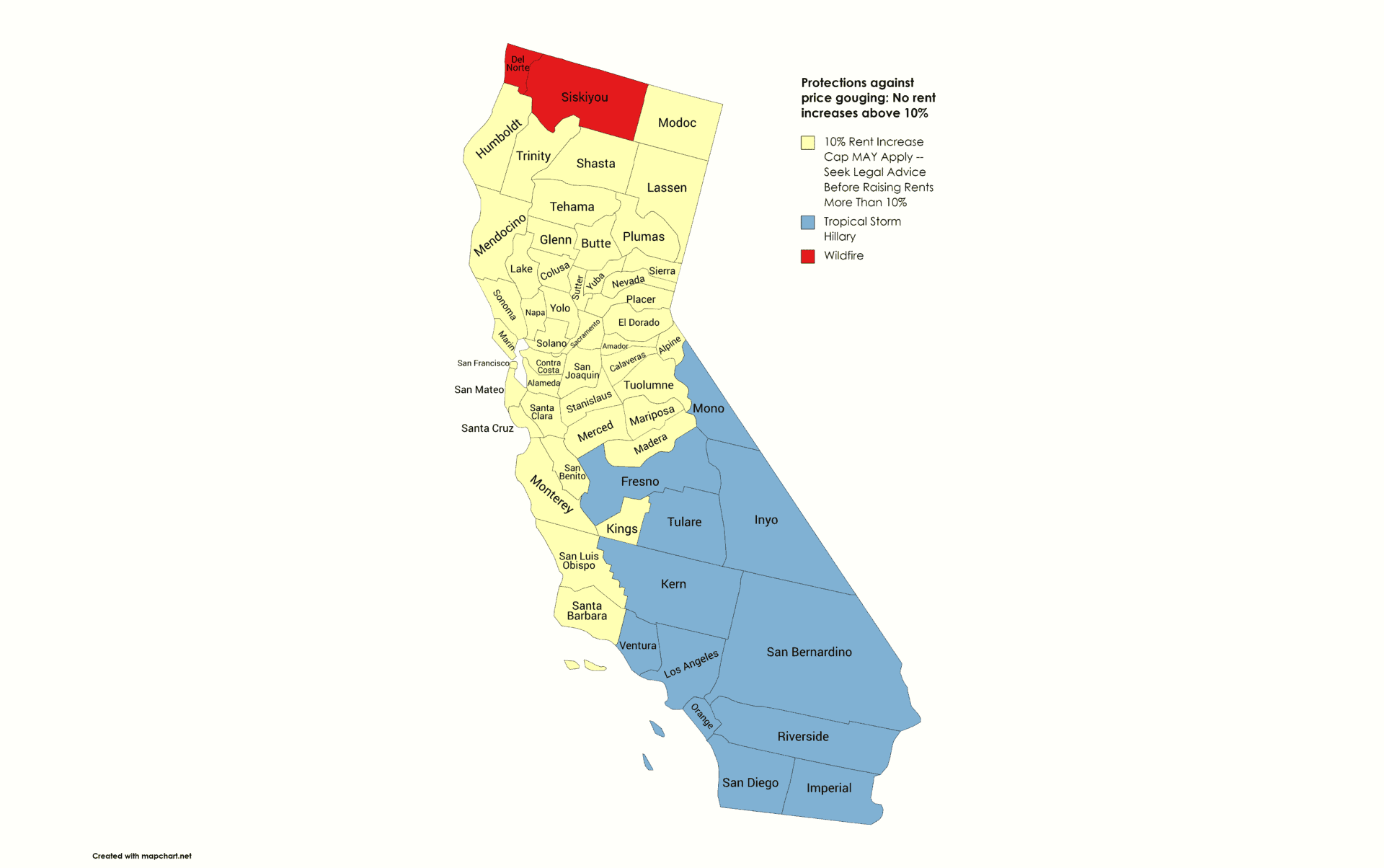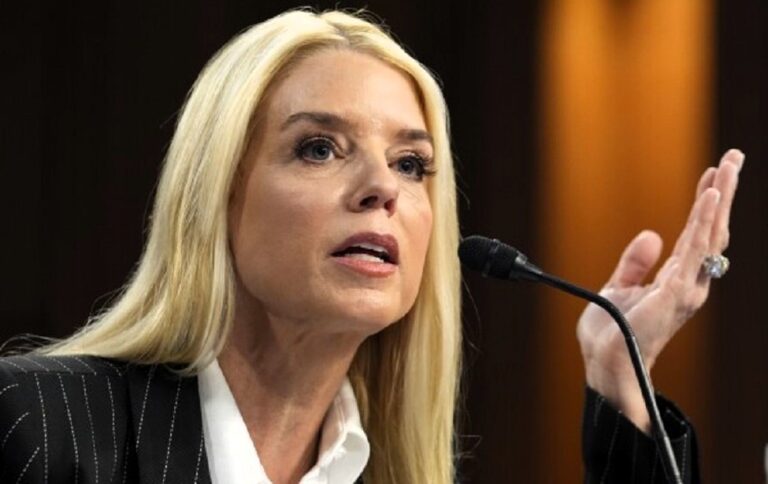Increased Rent In LA After Wildfires: Are Landlords Price Gouging?

Table of Contents
The Impact of Wildfires on Los Angeles' Rental Market
The wildfires have significantly impacted Los Angeles's already strained rental market, creating a perfect storm for rent increases. This impact manifests in two primary ways: increased demand due to displacement and damage to rental properties.
Increased Demand Due to Displacement
Wildfires force residents from their homes, creating a surge in demand for available rental units. Thousands were displaced, placing immense strain on the already competitive Los Angeles housing market. Neighborhoods close to the fire zones, such as areas in the San Gabriel Mountains and parts of the Angeles National Forest, experienced the most significant displacement and subsequent rent increases.
- Areas with Significant Rent Increases: Areas like Monrovia, Arcadia, and Pasadena saw double-digit percentage increases in rental costs immediately following the wildfires.
- Statistics: While precise figures on displacement directly attributable to rent increases are difficult to obtain immediately, anecdotal evidence and reports from local news outlets strongly suggest a correlation between displacement and inflated rental prices.
Damage to Rental Properties
The wildfires themselves caused significant damage to rental properties, reducing the already limited housing supply. Fire damage, smoke damage, and the need for extensive repairs contribute to a shortage of available units. The costs associated with repairs and rebuilding are substantial, further impacting rental rates. Insurance claims often involve lengthy processing times, delaying necessary repairs and exacerbating the housing shortage.
- Examples of Repair Costs and Their Impact: Repairing fire damage can range from thousands to hundreds of thousands of dollars per unit, depending on the extent of the damage. These costs are inevitably passed on to tenants through increased rents.
- Insurance Delays: Insurance claims can take months to process, leaving landlords with significant financial burdens and potentially delaying the return of units to the rental market.
Legal Aspects of Price Gouging in California
Understanding California's price gouging laws is critical to assessing the legality of the rent increases following the wildfires.
California's Price Gouging Laws
California law prohibits excessive price increases on essential goods and services during a state of emergency. This includes rental properties. The specific percentage increase considered illegal price gouging varies depending on the circumstances, but generally, a significant increase beyond the usual market fluctuations is unlawful. The California Attorney General's office and local district attorneys are responsible for enforcing these laws.
- Key Aspects of California's Price Gouging Statutes Related to Housing: The law focuses on whether the price increase is unconscionable, meaning grossly unfair or unjust. This considers factors beyond just a numerical percentage increase.
- Reporting Agencies: The California Department of Consumer Affairs and local tenant rights organizations are valuable resources for reporting potential price gouging.
Reporting Price Gouging
Tenants who suspect price gouging should immediately report it to the appropriate authorities. Documenting everything – rental agreements, lease renewals, and communications with landlords – is crucial.
- Steps to Take When Reporting Suspected Price Gouging: Gather evidence, file a complaint with the Attorney General's office, contact your local tenant rights organization, and consider seeking legal advice.
- Potential Penalties for Landlords: Landlords found guilty of price gouging face significant fines and potential legal action.
Analyzing Rent Increases: Justification vs. Price Gouging
Differentiating between legitimate rent increases and price gouging requires careful analysis of various factors.
Factors Justifying Rent Increases (Beyond Price Gouging)
Legitimate reasons for rent increases exist, including increased property taxes, rising maintenance costs (especially relevant post-wildfire), and general market fluctuations. A market-rate increase reflects the overall trends in rental prices in a specific area, whereas price gouging represents an exploitative, excessive increase that disproportionately affects tenants.
- Factors that Can Legitimately Impact Rental Rates: Increased insurance premiums, necessary property upgrades, and changes in local ordinances can all justify moderate rent increases.
Identifying Price Gouging
Several indicators suggest landlords are engaging in price gouging. Disproportionate rent increases compared to market trends in similar properties are a key red flag.
- Red Flags Indicating Potential Price Gouging: A sudden, substantial rent increase significantly exceeding the average increase in the area; a rent increase immediately following a disaster with no justifiable explanation; lack of transparency regarding the reasons for the increase.
- Comparing Rental Rates: Research rental rates for comparable units in the same neighborhood to determine if the increase is excessive.
Conclusion: Increased Rent in LA After Wildfires: Are Landlords Price Gouging?
The wildfires in Los Angeles have created a complex situation in the rental market, characterized by increased demand and reduced supply. While some rent increases may be justified due to increased costs and market fluctuations, many tenants face excessive increases that appear to be price gouging. California's laws strictly prohibit such exploitative practices, and tenants have the right to report suspected violations to the relevant authorities.
If you believe you are a victim of price gouging related to increased rent in LA after the wildfires, don't hesitate to report it and seek legal advice. Understanding your rights and actively combating price gouging is crucial to ensuring fair housing practices in Los Angeles. Remember to document everything and be prepared to provide evidence supporting your claim. Don't let landlords exploit the vulnerabilities created by this disaster.

Featured Posts
-
 Dakota Johnson Paaiskejo Tiesa Apie Kraujingas Plintos Nuotraukas
May 10, 2025
Dakota Johnson Paaiskejo Tiesa Apie Kraujingas Plintos Nuotraukas
May 10, 2025 -
 Attorney General Pam Bondi And The Alleged Epstein Client List A Deeper Look
May 10, 2025
Attorney General Pam Bondi And The Alleged Epstein Client List A Deeper Look
May 10, 2025 -
 Us Debt Limit Potential August Crisis According To Treasurys Bessent
May 10, 2025
Us Debt Limit Potential August Crisis According To Treasurys Bessent
May 10, 2025 -
 Leon Draisaitls Lower Body Injury Expected Return Before Nhl Playoffs
May 10, 2025
Leon Draisaitls Lower Body Injury Expected Return Before Nhl Playoffs
May 10, 2025 -
 Will Trumps Team Fast Track Nuclear Power Plant Construction
May 10, 2025
Will Trumps Team Fast Track Nuclear Power Plant Construction
May 10, 2025
